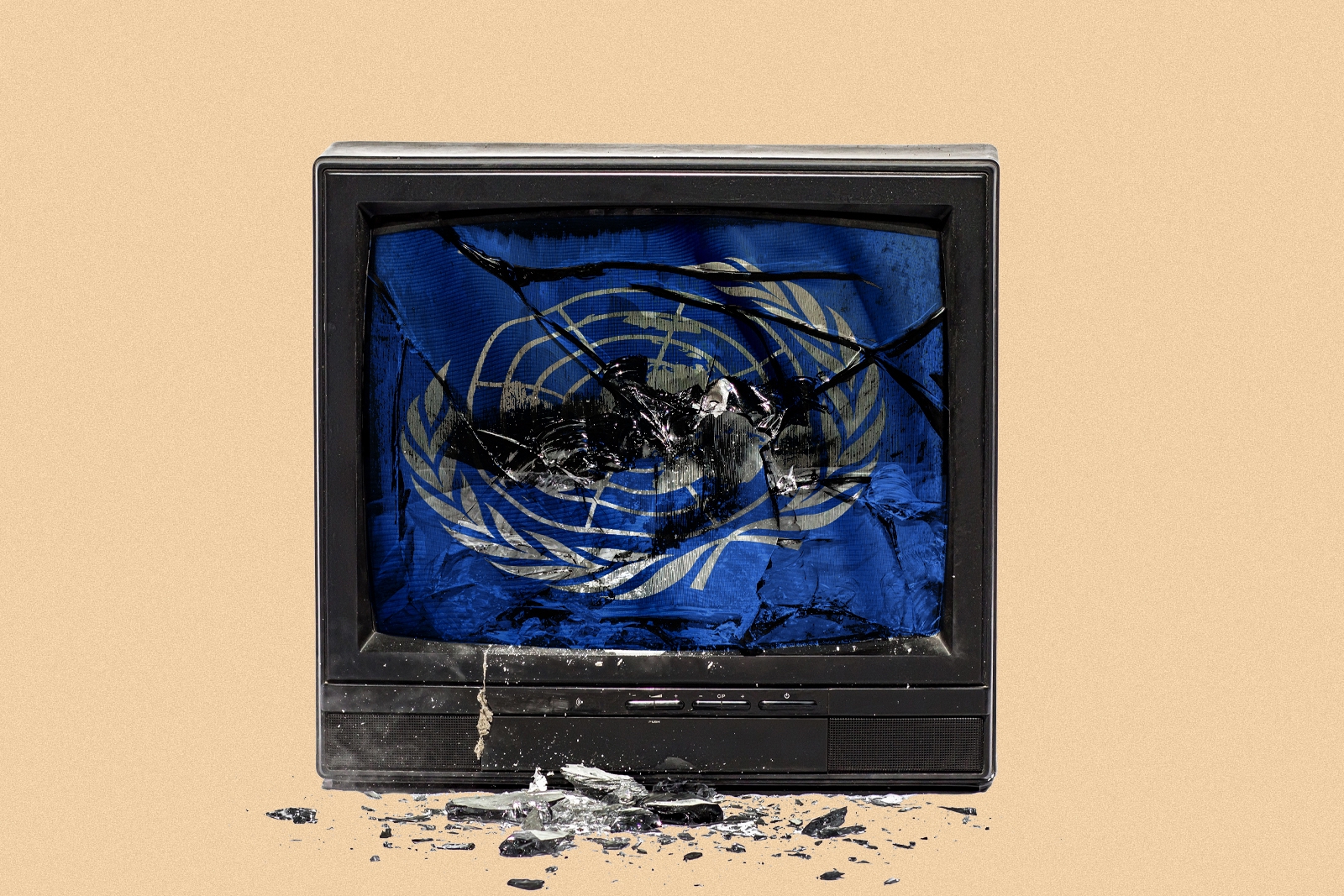
Reforming the UN to Avoid the Competitive Bloc-ification of Space
The United Nations faces critical challenges in a multipolar world, with dissatisfaction over its power balance and inefficacy, particularly regarding the UN Security Council (UNSC) veto power, which risks increasing geopolitical fragmentation for key areas, including space governance. As space becomes a crucial geopolitical domain, outdated treaties like the 1967 Outer Space Treaty (OST) struggle to remain relevant. Geopolitical competition hinders updating these treaties through the UN, leading to alternative bilateral-based agreements like the Artemis Accords (AA) and China-Russia’s International Lunar Research Station (ILRS), which may conflict.
Fundamental UN reform is needed to avoid the looming risk of fragmented space governance. Potentially, this could be achieved by activating Article 109 of the UN Charter for a comprehensive review, possibly establishing a democratically elected UN Parliament, and restructuring the UNSC.
The UN has been crucial for global stability. However, it’s widely recognised its current organisation faces pressure in a world shifting towards multipolarity, with sovereignty increasingly prioritised over a global rules-based order. Widespread dissatisfaction exists about the UN’s balance of power, with criticisms of geographic imbalance, political bias, misuse, UNSC vetoes, interference, and security failures. As geopolitical competition intensifies, the UN risks being sidelined just when it is most needed to address existential challenges like AI and space exploitation.
Space is becoming a crucial and active domain with high economic, security, and political stakes. Geopolitics is entering this sphere more complexly than during the Cold War, as public and private actors emerge with broader interests to consider. Meanwhile, the globally agreed UN rules for this, the 1967 OST, is struggling to stay relevant. It lacks scope for many emerging activities, has numerous loopholes and gaps, and has no viable enforcement mechanism—evident with Russia’s development of an orbital nuclear weapon, ignoring the golden rule of the OST without real consequence.
Geopolitical competition has created a deadlock, making updates to the OST or any further legally binding, internationally agreed treaties highly unlikely. In the gaps left by the OST, alternative bilateral-based agreements are emerging. The Artemis Accords, now with 53 countries, and China-Russia’s ILRS are forming along geopolitical lines, each developing its own set of space governance rules that may not be compatible. The Artemis Accords’ safety zones exemplify the issue, with China and Russia responding negatively to the mandated exclusive operational zones around off-world activities.
Fundamental UN reform, specifically addressing the UNSC veto power, is needed to avoid the looming bloc-ification of space governance and enforce the OST against actors like Russia.
The UNSC’s architecture, established in the aftermath of World War II, effectively safeguards the absolute sovereignty of its five permanent members (P5). While the remaining 193 member states of the UN share a degree of sovereignty within the UNSC and are obligated to comply with its decisions, the P5 nations possess the unilateral veto power. This privilege allows them to effectively exempt themselves from any international decision or enforcement action, thereby preserving their status as the preeminent actors in global affairs. In a geopolitically competitive multipolar world, the UN is a potential catalyst for bloc formation rather than a promoter of multilateralism.
Recent examples of the UNSC’s dysfunction were the frequent Russian veto on Ukraine-related issues and the frequent U.S. vetoes related to the Israel-Palestine conflict. For space, Russia recently vetoed the nuclear non-proliferation of space resolution, with China abstaining. While a subsequent draft resolution by Russia, favoured by China, called for complete demilitarization of space, the other P5 members, including the U.S., France, and the UK, were against it.
The potential for the UNSC to become dysfunctional and unable to fulfill its core mission of maintaining international peace and security is not a recent development. It was already evident and subject to negotiations at the San Francisco Conference in 1945. This is when the “smaller countries,” recognising the need for checks and balances, bargained for and added the Article 109 Charter Review clause to the UN Charter.
The never-before-activated Article 109 — Constitutional review of the UN can be the gateway to its substantive reform. Notably, Article 109-3 calls for a facilitated UN Charter review conference and revision within 10 years of the UN’s founding. However, despite the so-called “San Francisco Promise,” no such conference was ever convened, leaving the unresolved issue of the veto power to continue hindering the UNSC’s effectiveness. This allowed the UNSC to become increasingly doubted and dysfunctional over time.
Activating Article 109 and the subsequent review of the UN Charter could serve as a gateway to substantive and much-needed changes within the organisation, addressing the longstanding issues that have undermined its functionality.
Establishing a democratically elected UN Parliament with legislative powers or comprehensively restructuring the UNSC with expanded membership and equal rights would represent an effective UN reform solution. This would represent a critical step towards the supranational evolution in outer space and global governance and the avoidance of the fragmented bloc-ification of space governance along geopolitical lines.


